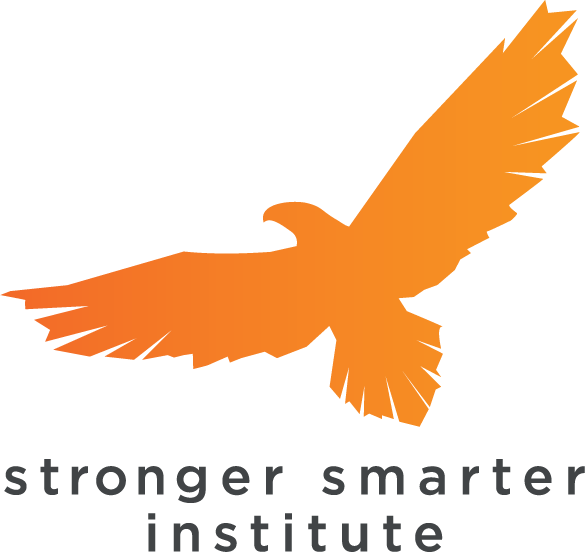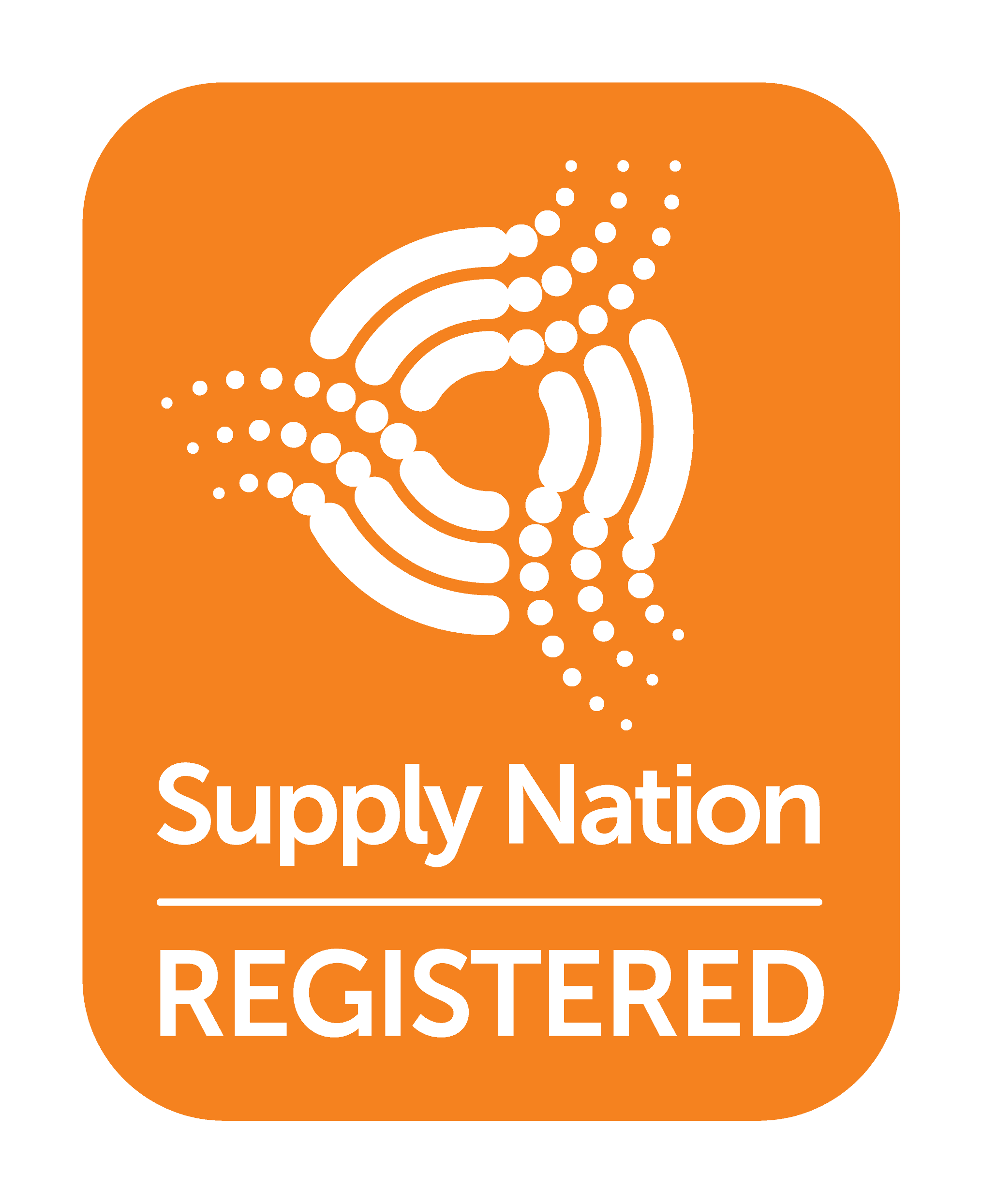07/05/2017
Stronger Smarter gave me a lot more focus and better tools in embarking on conversations and setting up processes between people. That was the power in it
Mal McFarlane, Bowraville Central School
Mal McFarlane says that at Bowraville Central School, they are seeing some great improvements for their Aboriginal students. “We have had some wonderful HSC results and we are seeing positive student growth in all the data. This year, we have 8 out of 17 Aboriginal students in Year 11, and 8 out of 18 in Year 12. So that’s above our school percentage population and we’re very proud of that. We’re really retaining our Aboriginal kids, and they’re school leaders and they really are feeling valued and enabled to achieve great things right through to year 12 here. Staff can see the results of having high expectations of kids.”
Mal McFarlane has been the Principal of Bowraville Central School since 2004. The local community is diverse, and many of the school’s 250 K-12 students come from low socio-economic backgrounds. Since 2004 they have seen the Aboriginal student population increase from 15% to 36% of the school population. Mal says, “That’s one indicator of the way the school has changed… that it is now a much more welcoming and high expectations place for Aboriginal and Torres Strait Islander students.”
Mal says building a positive school culture is constant work, but he has shown that with targeted strategies it is possible to see improvements in a short period of time. “There’s no finish line for any of this. It is about making improvements all the way along. People know we follow that up and try to take it seriously and we really genuinely want the students here all day every day. You can see a shift in behaviours and outcomes quickly, but it’s constant work. You can see that in a term you have much fewer suspensions and much better attendance…. that can happen”.
Building bridges with the community
The Stronger Smarter learning heightened the importance of genuinely engaging with people,
Mal says attending the Stronger Smarter Leadership Program in 2009 enabled him to put some whole-school strength-based programs in place. “Stronger Smarter gave me more confidence that what I was trying to do was the right thing to do. The Program gave me a lot more focus and better tools in embarking on conversations and setting up processes between people. That was the power in it.”
In 2010, Bowraville became a ‘hub school’ in the Stronger Smarter Learning Communities Project. Mal says that at each step along the school reform program, he has used the Stronger Smarter planning tool of the Next Most Powerful Step. In 2010, this involved a couple of programs to be proactive about supporting early learning and marginalised and disengaged students.
The Bridges Program aimed to build connections between the school and the community and provide a kindergarten learning environment that was welcoming, respectful and has high expectations. By 2011, after only one semester of operation of the program, they reported that the Kindergarten students’ learning space was a very different environment. Suspensions were reduced from eight kindergarten students collectively in 2009 and 2010 to zero in 2011[1]. “The Bridges Program is a real focus in early learning,” Mal says. “We’ve been working with the pre-school, and community and families, intensively in some cases, which has been a bonus in getting students off to a good start,”
Similarly, the RESUS program – a return from suspension program – saw immediate benefits for student behaviour. There was a 50% reduction in suspensions from Term 2, 2010 to Term 4, 2010, and by 2011, the school reported a much greater sense of calm across the school and classrooms that were more focused on teaching and learning[2].
Mal says they set up an offsite learning centre. “This was for the teenage kids on the margins of engagement,” he says. “We sought funding to really go hard and connect with them – the idea being that they would gradually swing back into the school. The RESUS program enabled us to limit the amount of time students were out of the school. We could focus on their behaviours before they came back into classrooms. That was a more positive way of doing that.”
Mal says the Stronger Smarter training supported the conversations with families. “The Stronger Smarter learning heightened the importance of genuinely engaging with people, making sure meetings were set up in a way that’s going to lead to honesty and therefore more genuine outcomes for the school and community,” he says. “We sat down with families and said ‘this is what we’re doing and why, and what do you think about this’. We understood the worth of everyone involved, we put a lot of time into those conversations, welcomed difficult conversations and set up processes so that people do feel genuinely valued and heard.”
[1] Bowraville Central School Case Study – NSW Education and Communities
[2] As above.
Being proactive to engage students
by getting the kids to come in and do something positive, hopefully it is recalibrating the day for them.
Mal says the Bridges program and RESUS program were, “typically ‘pointy end’ types of interventions where we were working intensively with young people who were at risk or had already disengaged with school…. young people before they had even started kindergarten, working with their families with the most challenging circumstances.”
This year, Mal says they are taking this further to proactively engage all students on a daily basis through non-formal learning opportunities before and after school. They hope this will provide support for kids, and an opportunity to pick up on anyone who needs some extra support before they end up disengaging or misbehaving in the classroom. “In a community such as ours, any one of our kids could be motoring along OK, and then something happens any weekend or any night and it initiates some kind of traumatic event or things in their past that upset them,” Mal says. “This is a shift in us rightly having high expectations classrooms, but instead of that going bad for kids and then we have to work with them intensively until they’re good for classrooms again, we acknowledge that there are lots of challenges we can’t prepare for and the kids can’t prepare for, so why don’t we have a different opportunity for positivity every day of the week.”
They have always had a breakfast program, but they are now taking it a step further. “So the idea is that before school we have a young Aboriginal man in the community who has started coming in doing some touch footy from 8 o’clock and we’ve got a young lady who is going to start doing some art activities. We’ve got some young people who are very proficient with the Gumbaynggirr language to come in and do some activities, so by getting the kids to come in and do something positive, hopefully it is recalibrating the day for them”.
A focus on teaching and learning
the focus is now on teaching and learning rather than being welfare driven
Mal says, “I am feeling more and more confident that the focus is now on teaching and learning rather than being welfare-driven. ‘Everyone being the best they can be’ is definitely part of the ethos. Attendance is an indicator. There’s a marked improvement this year with attendance, and Aboriginal students as a group have better attendance than the rest of the school population. We’re still a bit below 90% but it’s improving and we’re happy with that.”
Mal says that he has seen staff grow in their high expectations of students … “realising that although we‘ve got some kids who are really challenged both environmentally and academically, they are just as capable as anyone else of achieving awesome things. And we’ve had some great outcomes with some of those students.”
Mal says that they will continue to focus on teaching and learning. “I know people are increasingly talking about small data, and so are we, but the big data of NAPLAN and HSC is what we’re often measured by, “he says. “A lot of our wins and celebrations here are around the smaller data and individual student growth but I’m keen for the results to flow more broadly, and the bigger data will come.”
The next most powerful step
The Stronger Smarter Approach definitely gives people confidence that they’re working in the right direction
Mal says that with transient families and new students arriving all the time, they need to keep a constant watch on student behaviour. “It’s a risk to think that everyone gets the culture. You’ve got to keep working on it because there’s new students, new staff so you’re constantly reiterating and relooking at the sort of school we are and want to be. It’s complex.”
Mal says the Stronger Smarter Leadership Program has provided a lot of practical elements. “I have been very mindful of connecting people properly in order to review what we’re doing and work out our Next Most Powerful Step to take in whole school direction. This year NSW schools are at the end of the three year planning cycle so we’ll be embarking on our 2018 to 2020 strategic directions and I’m a lot more comfortable doing that sort of work with staff and community because of the processes that we can enact to ensure everyone really has a part to play in that,” Mal says.
“Everyone who goes to the Stronger Smarter Leadership Program says it’s the best professional learning they’ve ever done because it is real, it is personal and it’s also a very professional development for people. As Chris Sarra says ‘the work is hard’, but it’s very real and the Stronger Smarter Approach definitely gives people confidence that they’re working in the right direction”.
Mal says, “It’s very challenging times in education and therefore quite exciting because we’re trying to create schools that are enabling young people to walk with confidence into a pretty challenging future. And for all students, whatever their background, the ethos of Stronger Smarter and the positive processes that it gives to people involved in leading schools… that’s heartening for me to know that if I’m true to those concepts and values, I know I’m standing on solid ground in trying to take the school forward.”




